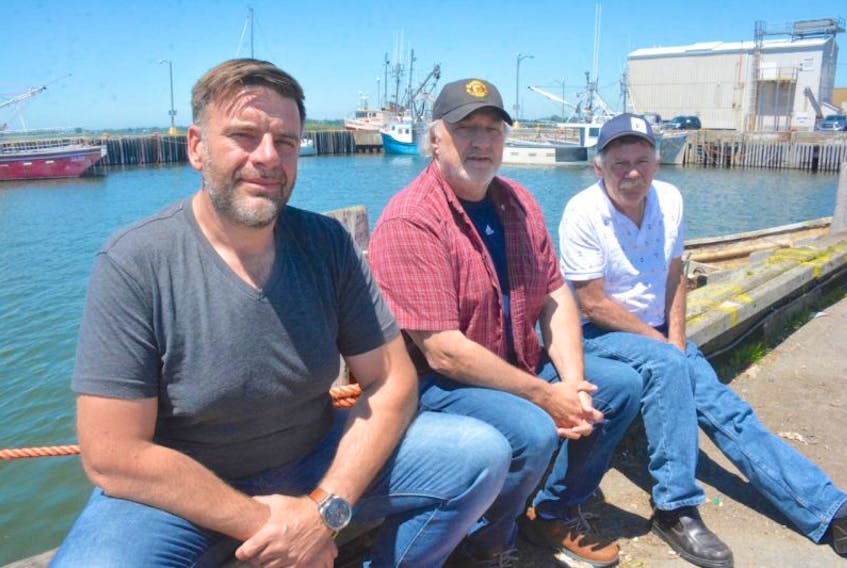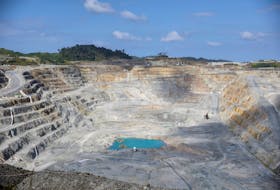Such is the case with a proposal that could see by-catch monitoring happen in the lobster fishery by the fall of 2018.
Three local organizations – Coldwater Lobster Association, the Maritime Fishermen’s Union and the Bay of Fundy Inshore Fisheries Association – have joined efforts to get the message out that industry is willing to develop a monitoring system that would be better for the fishery in terms of cost and time.
“Nobody really likes any kind of change. But if at-sea observers is coming from the associations’ perspective we want to drive it . . . we want to develop it, so it’s less intrusive and less expensive for fishermen,” says Bernie Berry of the Coldwater group.
He says what fishermen shouldn’t want to see is the hail-in, hail-out system applied to the lobster fishery.
“When you hail in it’s just to a telephone number, it’s basically a computer generated system. They randomly pick you for an at-sea observer. You may have to wait up to 6 hours. So the weather windows become a problem, especially in the fall and winter,” Berry says. “And some of the numbers that are being kicked out by a DFO program are anywhere from $800 to $1,300 a day.”
While an industry driven operation wouldn’t be free, the groups believe it wouldn't be as expensive.
Colin Sproul, speaking for the Bay of Fundy group, says fishermen are a fiercely independent bunch. But he says while a lot of fishermen are opposed to the monitoring they also need to be in touch with the realities of today’s market place, which is demanding that it occur.
“The lobster industry is already widely recognized as one of the cleanest fisheries that takes place. Our by-catch is very limited and what incidental species we do catch in our traps get returned, more or less unharmed, to the bottom. That’s always been widely accepted by science,” he says. “But people want to see MSC (Marine Stewardship Council) certification on their seafood products in the marketplace. That’s part of what’s driving this and part of it is being driven to satisfy environmental (groups).”
So whether fishermen agree with it or not is largely irrelevant, he says, because it’s coming anyway.
“As fishermen we can choose to work cooperatively together, take charges of the situation ourselves and design a program that suits out needs, that has a minimal cost to it and doesn't force us to have to hail in, hail out,” he says.
But what this requires, Sproul says, is for fishermen to join organizations.
Vincent Goreham speaking for MFU agrees. He says in past fishermen often haven’t organized themselves in issues until it was too late. By then they’re being reactive instead of proactive.
“We’re trying to get the message across that this is a reality, we have to do something,” he says. “And the greater message here, I think, is if fishermen don’t want this type of thing thrown at them all the time, the way to combat it all is to join an organization.
“It’s no good to just talk about it at the wharf or on Facebook,” Goreham says. “You have to have an organization funded, to have lobbyists and a united point of view to represent the fishermen.”
Sproul says fishermen often saw their biggest competition as the other boat on the horizon, when really that other fishermen should be seen as an asset.
“We’re under threat here in western Nova Scotia to decreased access whether it be from off shore wind development, offshore turbine development, offshore oil and gas, marine protected areas. All of these things threaten to squeeze us out of our important fishing grounds,” he says. “That’s one unifying thing that we need to work together on, as well as this by-catch monitoring.”
Another proposal being thrown around is cameras on fishing boats. These three associations are all strongly opposed to such a Big Brother approach, saying not only would it be extremely expensive, but it would not generate any useful scientific data.









